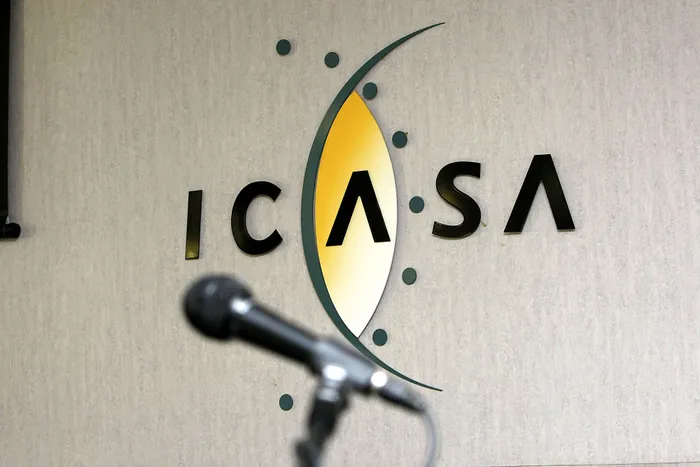Starlink's role in bridging the digital divide in South Africa

Elon Musk’s Starlink: A New Era for South Africa’s Telecommunications?
Image: Leon Nicholas/Independent Newspapers
The anticipated potential entry of Elon Musk’s Starlink into the South African telecommunications market has ignited a flurry of strategic considerations among industry players, regulators, and policymakers.
Vodacom, the giant South African network operator, has waded into the debate saying satellite technology should be seen a complementary force in expanding digital inclusion rather than a direct threat to its core operations.
This comes amid recent government developments, including the gazetting of a new B-BBEE policy that could potentially facilitate the entry of companies like Starlink, shortly after a high-profile meeting between President Cyril Ramaphosa and US President Donald Trump, whose campaign was partly funded by Musk.
Responding to IOL, a Vodacom spokesperson clarified the company’s position on satellite internet providers like Starlink.
“We recognise satellite networks as a valuable addition to our existing infrastructure. They are instrumental in bridging the connectivity gap, particularly in remote and hard-to-reach areas where terrestrial networks face limitations.
“We focus on investing in and expanding our 4G and 5G networks to serve urban and semi-urban communities.”
The company said its strategy aligns with a broader industry trend of viewing satellite networks as enablers of digital inclusion rather than outright competitors.
The Vodacom media team added that the telecom giant has partnered with global satellite providers such as AST and Amazon’s Project Kuiper to extend its network reach across Africa and Europe.
“These collaborations leverage low Earth orbit (LEO) satellite technology to enhance coverage and resilience, especially in underserved regions.”
Starlink's potential entry into South Africa raises significant questions about the country's regulatory landscape and market dynamics.
ICASA, the national telecommunications regulator, has been examining a proposed satellite framework. Industry stakeholders have urged a balanced approach that promotes innovation while ensuring fair competition.
Mofihli Ramari, spokesperson for the B-BBEE Commission, emphasised that the ICT Sector Charter Council and ICASA oversee the B-BBEE Act and related sector codes.
“Any potential changes to B-BBEE legislation or the entry of new players like Starlink should be carefully examined within the current regulatory and transformation framework,” Ramari stated.
“The focus remains on ensuring that transformation goals - such as black ownership and enterprise development - are upheld, regardless of the nature of technological advances or new entrants.”
Regarding employment, Vodacom reassured that technological innovation will not threaten existing jobs.
“Satellite networks serve specific use cases and do not replace the cost-effective, high-capacity terrestrial infrastructure that supports urban centers,” the company noted.
"Vodacom’s long-term vision emphasises investment in local workforce development, skills training, and support for black-owned enterprises through the ICT Sector Code.
Amid fears of disruption, Vodacom said reiterated that it remained optimistic about satellite technology's transformative potential, as CEO Shameel Joosub highlighted at the 2024 UN General Assembly.
“Harnessing satellite and mobile technology together can finally close the digital divide—reaching rural communities, farmers, students, and underserved populations. We aim to ensure no one is left behind in South Africa’s digital journey.”
Industry experts and regulators concur that the arrival of satellite internet providers like Starlink could accelerate innovation and pose regulatory and transformation challenges.
The ICT Sector Charter Council and ICASA are expected to revisit licensing and B-BBEE compliance frameworks to adapt to these technological advancements while ensuring transformation objectives remain central.
Ramasela Matlou, ICASA spokesperson, stated that the regulator has noted the policy directive and is currently reviewing its contents.
Matlou added that Starlink has not yet applied to enter the South African market.
When contacted for comment on the potential implications of Starlink’s entry into South Africa, ICT Sector Charter Council Minki Thulo indicated that the agency would respond later in the week.
Cape Argus
Related Topics: